
Agriculture is part of the solution when it comes to combating climate change, and it all starts with soils.


Agriculture is part of the solution when it comes to combating climate change, and it all starts with soils.
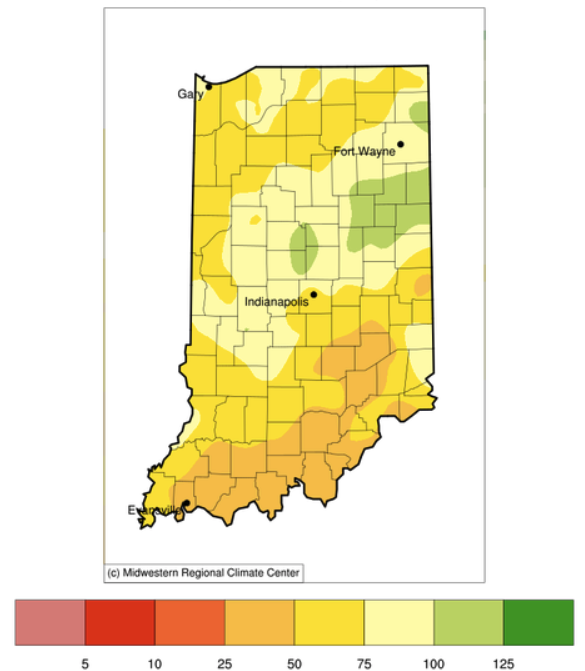
Indiana has been receiving less precipitation than normal, particularly over the last 30 days (Figure 1).

When it comes to retaining water in the middle of a summer dry spell or absorbing extra rainfall during a spring storm, our soils need organic matter to keep roots happy and nutrients cycling.
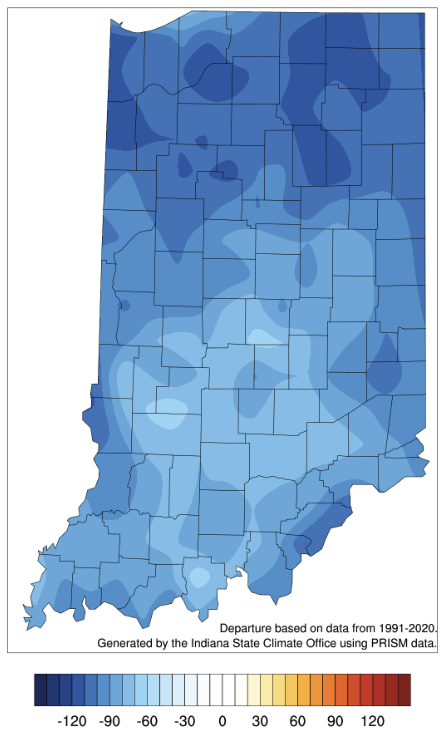
Last week was marked by cooler temperatures and lots of rain.
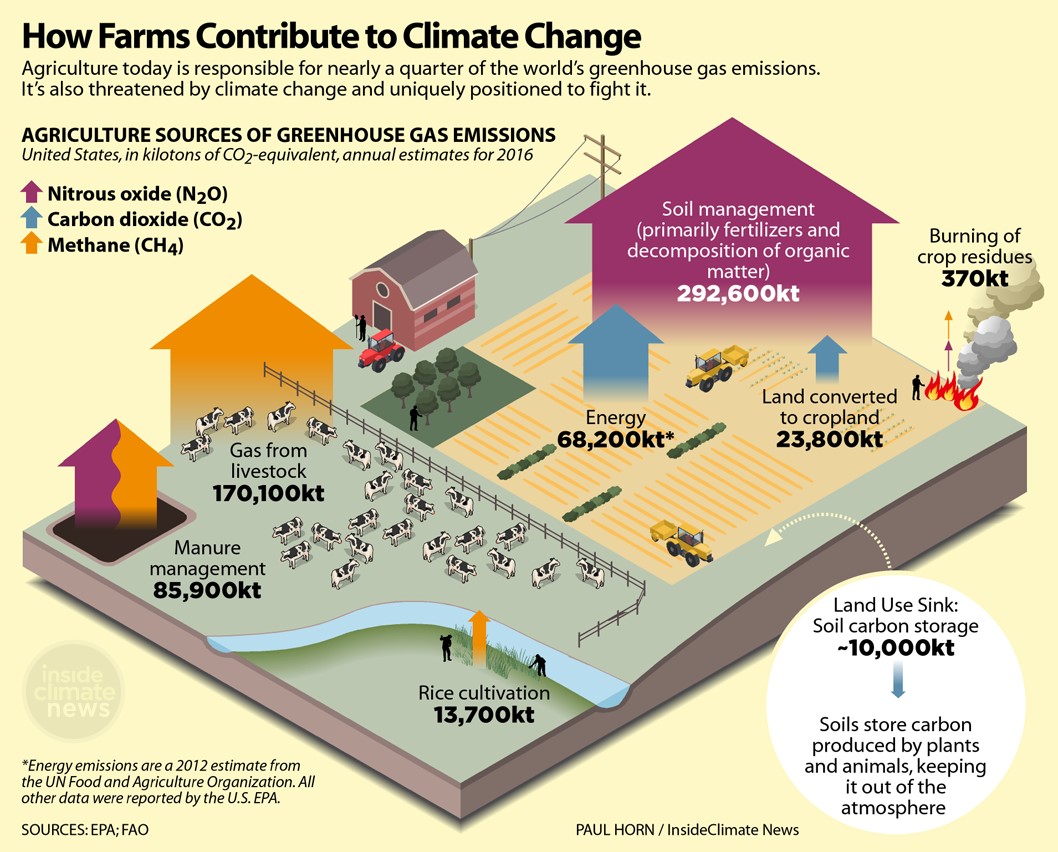
Farming For a Better Climate is all about finding ways to maintain or increase profits while slowing climate change.
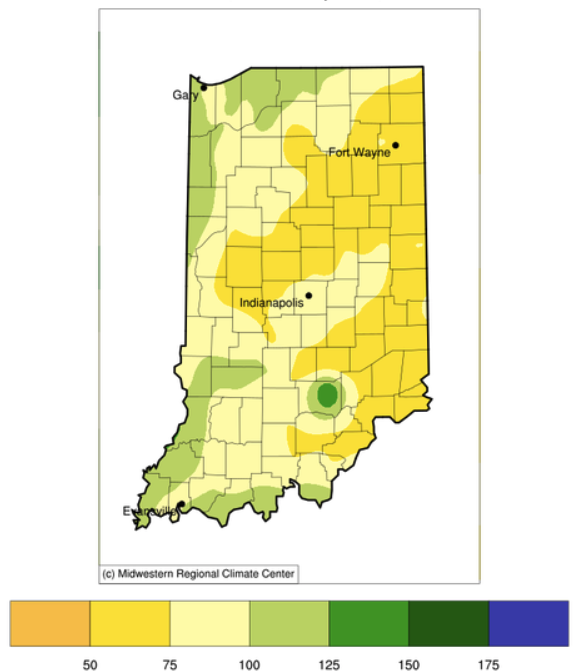
It seems to be a big challenge these days to find two or more consecutive days without precipitation.
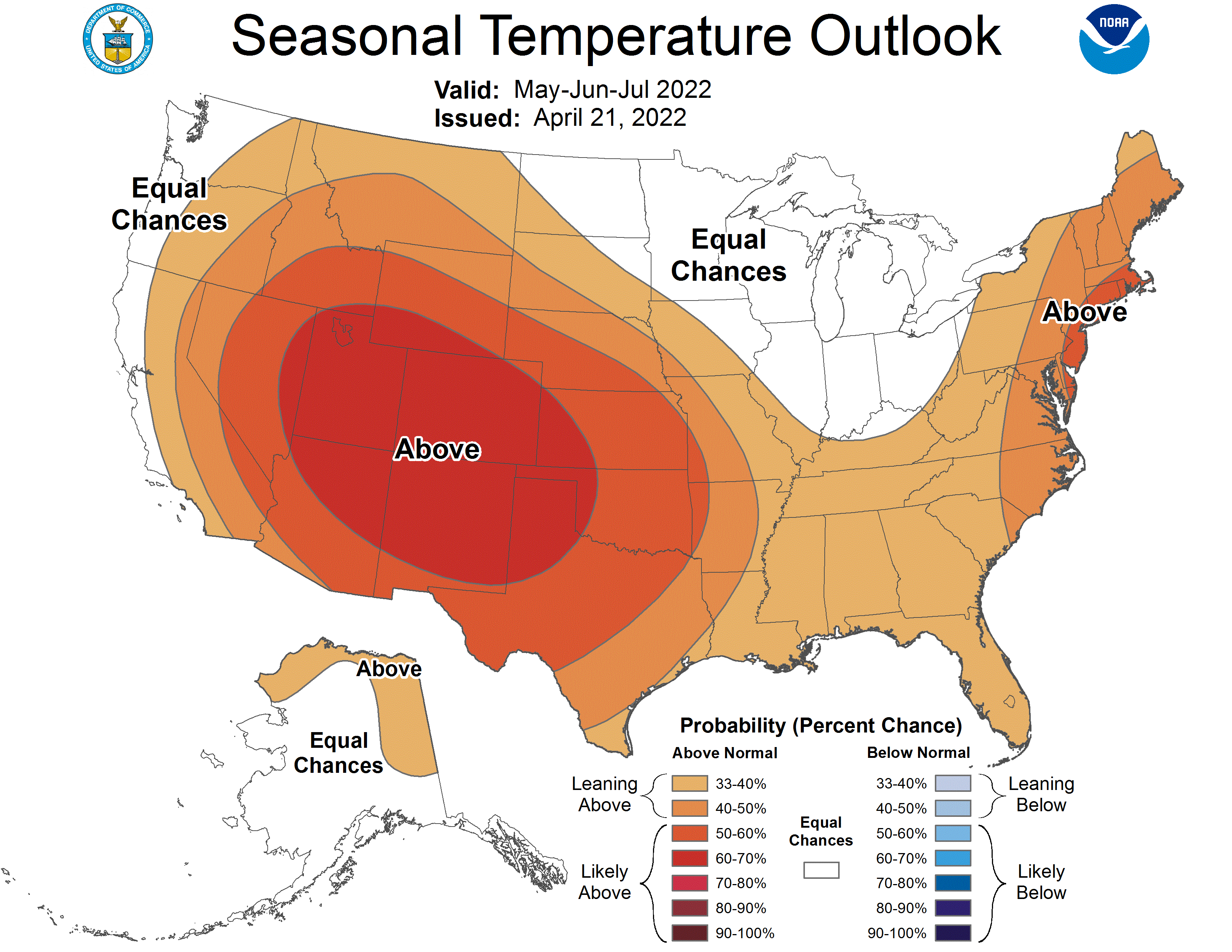
On the third Thursday of every month, the national Climate Prediction Center releases their 3-month climate outlook for temperature and precipitation.
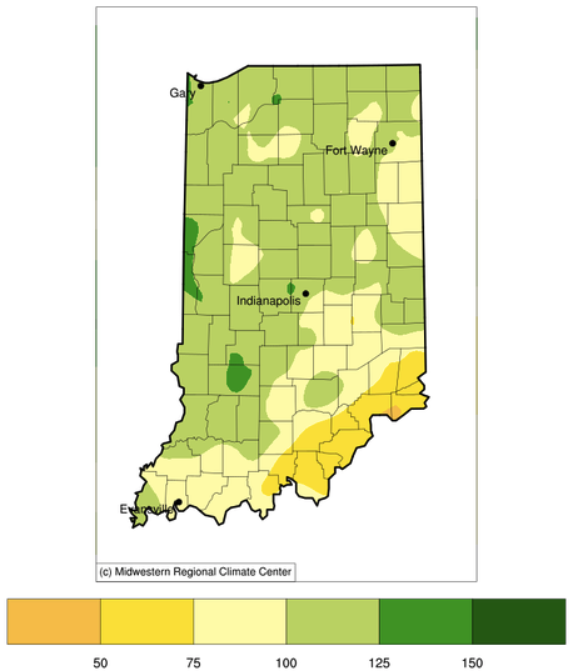
Indiana adds one more week to its months-long streak of having no drought across the state. In fact, from March 1st through April 14th (45 days), 35 of those days (78%) had precipitation in South Bend (31 days), Indianapolis (26 days), and/or Evansville (25 days).

The Indiana State Climate Office (IN-SCO) hosted a climate services summit in early June 2021.
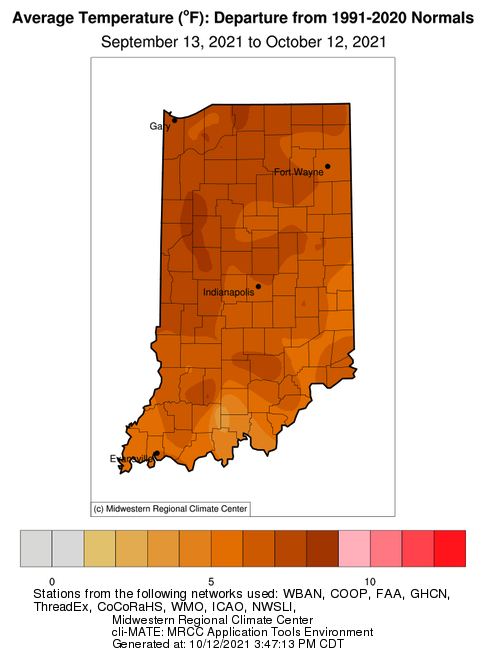
The last several weeks have certainly been warmer than normal.
© 2024 Purdue University | An equal access/equal opportunity university | Copyright Complaints | Maintained by Pest&Crop newsletter
If you have trouble accessing this page because of a disability, please contact Pest&Crop newsletter at luck@purdue.edu.